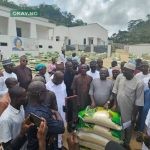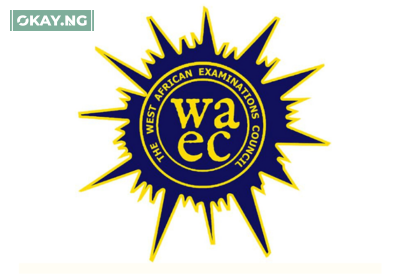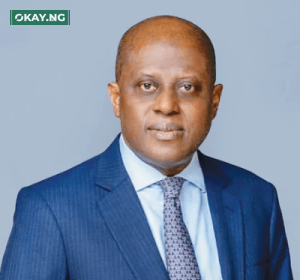The country’s four refineries in Kaduna, Warri and Port Harcourt are expected to restart production before the end of the month after attacks on their feedstock pipelines forced their closure in January, the Nigerian National Petroleum Corporation (NNPC) has said.
According to a Reuters report, NNPC’s group executive director, Refining and Technology, Dennis Ajulu, said in Abuja yesterday that crude supply to the refineries and operations would gradually resume, starting with the Port Harcourt refinery.
Ajulu told Reuters that the 150,000 barrel per day (bpd) Port Harcourt refinery is expected to restart its crude distillation unit on Saturday after receiving crude supplies by sea. This will however be followed by a resumption in supplies through the pipeline.
He said: “The Warri refinery has no crude. It will take close to 10 days to pile up crude, stock and for Kaduna, maybe we’re another five days away after that.”
Ajulu noted that the pipeline to the 125,000bpd Warri plant could be repaired in four days as long as there are no security constraints, adding however that he expects it to take a bit longer while crude oil will be delivered by sea instead.
The Kaduna refinery, which can only operate one of its two crude distillation units for now, also receives its feedstock through the Warri plant.
Meanwhile, the minister of state for petroleum, Dr Ibe Kachikwu, has said that the ministry would be ready to partner with the British government on capacity building efforts towards the growth of Nigeria’s oil and gas sector.
Kachikwu made this known in Abuja when the British minister of state for Foreign and Commonwealth Affairs, Baroness Joyce Anne Anelay, paid him a courtesy visit in his office.
The minister, who conveyed President Muhammadu Buhari’s gratitude to the UK government, said that Nigeria and the UK had a long history of mutually beneficial relationship in many sectors.
He noted that Nigeria had benefited from the inculcation of some skillsets from experts in the UK, adding that the country had always valued such assistance from Britain.
Kachikwu assured the visiting team that where the ministry lacks capacity, expertise and sufficient regulatory policies, it would seek assistance. He particularly emphasized that the ministry needs support from the British government in building its capacity to provide the necessary services needed in the oil and gas industry.
He hinted that top on his reform agenda for the oil sector in Nigeria is to push for the commercialisation of the industry and NNPC at a faster rate, to attract Foreign Direct Investment (FDI) as well as create the right set of incentives to attract investments in the country.
Earlier, Anelay had stated that the visit was her first to Nigeria and that it was prompted by her country’s concern that Nigeria fulfills her development potential.
She further pledged that the UK would work in collaboration with the government of Nigeria on areas of security, transparency and efficiency.










